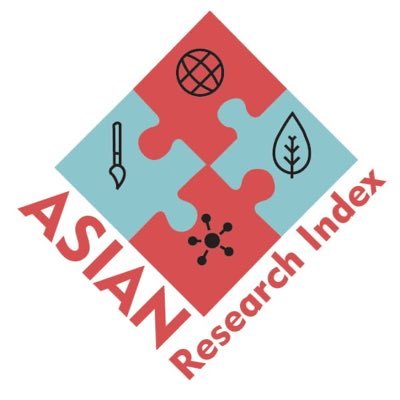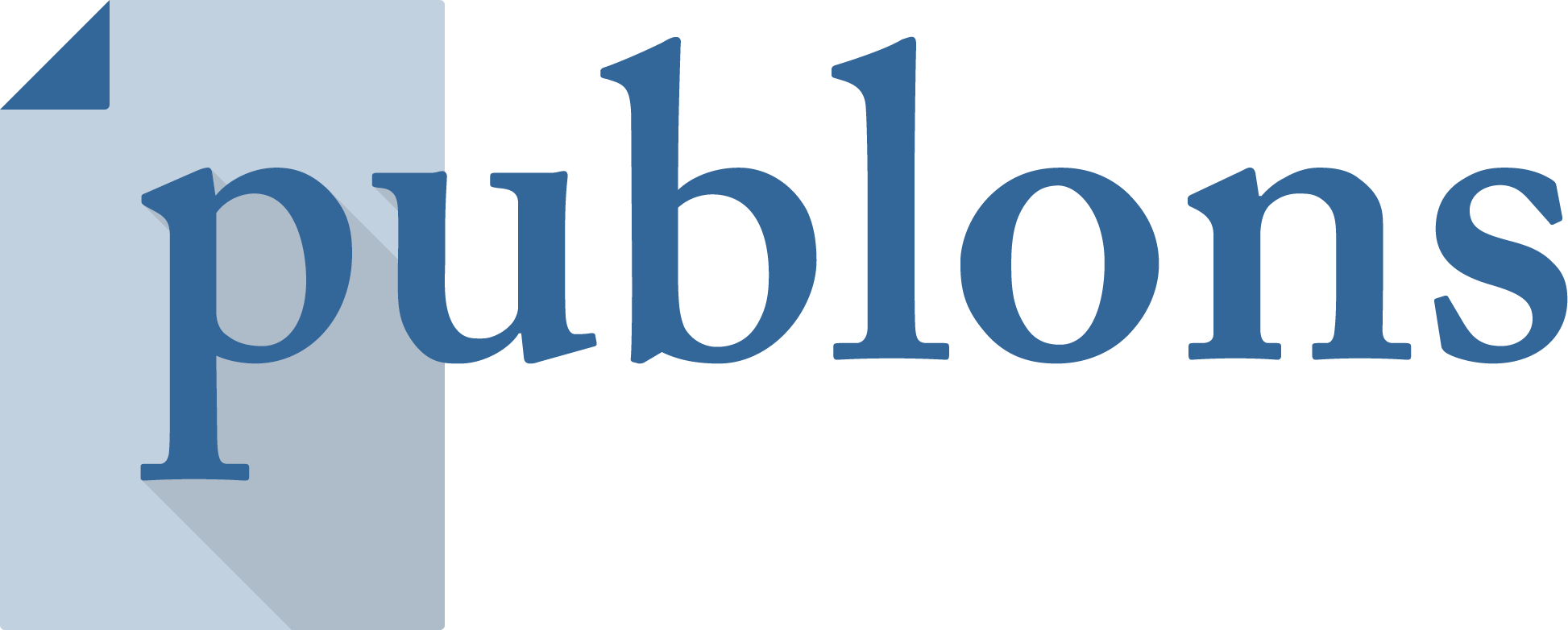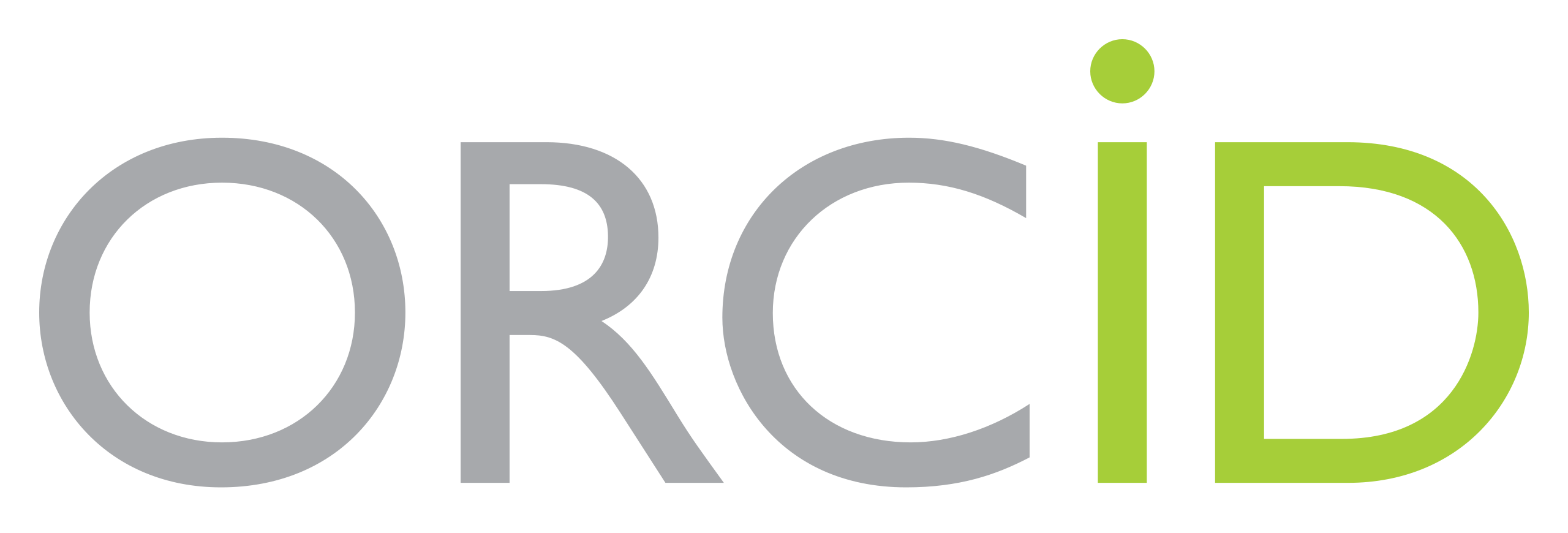Influence of Learning Styles and Study Habits on Academic Achievement ofMedical Students
DOI:
https://doi.org/10.55735/ns3dqf39Keywords:
Academic achievement , Education , Learning styles , Study habits , VARK questionnaireAbstract
Background: Academic achievement is a crucial predictor of learners’ future academic status, reflecting their current performance and shaping their future educational opportunities. Objective: This research aims to comprehensively investigate the relationship between learning styles, study habits, and academic achievement among medical students. Methodology: This cross-sectional research was conducted from January 2023 to January 2024, after obtaining approval from the Institutional Ethical Committee and Review Board. The study was confined to medical students aged 18-26, pursuing MBBS, BDS, DPT, and D-Pharmacy degrees, enrolled in various academic years, from different universities. Those students with cognitive impairments or any disabilities were excluded from the study. The VARK questionnaire version 8.01, comprising 16 questions to identify the preferred learning styles of students, and the study habits inventory questionnaire, assessing the study habits of students. A self-administered, closed-ended survey through hard copies was distributed among the selected sample of medical students, and through face-to-face interviews, questionnaires were filled out, ensuring no mistakes in data collection. The participants’ identities were kept confidential, and informed consent was obtained. Descriptive statistics were used to summarise the data, and the chi-square test was used for association. Results: Our study reveals that most students (63.6%) prefer unimodal learning, with a notable emphasis on kinesthetic methods (21.1%). Multimodal preferences were also observed: bimodal (24.2%), trimodal (8%), and quadrimodal (4%). A significant link between learning styles and academic achievement was found. While students excelled in note-taking, reading speed, writing, test preparation, and test-taking, and test-anxiety management, they struggled with time management and concentration. Notably, only time management and note-taking skills significantly correlated with academic success. Conclusion: This study highlights the diversity of learning styles among medical students, with a preference for kinesthetic learning. There is a significant relationship between learning styles and academic achievement. However, challenges in time management and concentration persist, necessitating targeted interventions. Effective time management and note-taking skills emerge as critical factors influencing academic success, underscoring the need for personalised strategies to support student achievement.
Downloads
References
1. Quek TTC, Tam WW, Tran BX, Zhang M, Zhang Z, Ho CS, et al. The global prevalence of anxiety among medical students: a meta-analysis. Int J Environ Res Public Health. 2019; 16(15): 2735. DOI: https://doi.org/10.3390/ijerph16152735
https://doi.org/10.3390/ijerph16152735 DOI: https://doi.org/10.3390/ijerph16152735
2. Bergmann C, Muth T, Loerbroks A. Medical students’ perceptions of stress due to academic studies and its interrelationships with other domains of life: a qualitative study. Med Educ Online. 2019; 24(1): 1603526. DOI: https://doi.org/10.1080/10872981.2019.1603526
https://doi.org/10.1080/10872981.2019.1603526 DOI: https://doi.org/10.1080/10872981.2019.1603526
3. Hayat AA, Shateri K, Amini M, Shokrpour N. Relationships between academic self-efficacy, learning-related emotions, and metacognitive learning strategies with academic performance in medical students: A structural equation model. BMC Med Educ. 2020; 20(1): 76. DOI: https://doi.org/10.1186/s12909-020-01995-9
https://doi.org/10.1186/s12909-020-01995-9 DOI: https://doi.org/10.1186/s12909-020-01995-9
4. Mozaffari HR, Janatolmakan M, Sharifi R, Ghandinejad F, Andayeshgar B, Khatony A. The relationship between the VARK learning styles and academic achievement in dental students. Adv Med Educ Pract. 2020; 2020(11): 15-19. DOI: https://doi.org/10.2147/AMEP.S235002
https://doi.org/10.2147/AMEP.S235002 DOI: https://doi.org/10.2147/AMEP.S235002
5. Teli CG, Chandrakala BS, Daulatabad V, Kate NN. Assessment of learning style preferences in undergraduate medical students using the VARK scale study. National Journal of Physiology Pharmacy and Pharmacology. 2021; 11(12): 1-5. DOI: https://doi.org/10.5455/njppp.2021.11.05166202117072021
https://doi.org/10.5455/njppp.2021.11.05166202117072021 DOI: https://doi.org/10.5455/njppp.2021.11.05166202117072021
6. Bin Eid A, Almutairi M, Alzahrani A, Alomair F, Albinhamad A, Albarrak Y, et al. Examining learning styles with gender comparison among medical students of a Saudi University. Adv
Med Educ Pract. 2021; 2021(12): 309-18. DOI: https://doi.org/10.1021/acsmedchemlett.1c00106
https://doi.org/10.2147/AMEP.S295058 DOI: https://doi.org/10.2147/AMEP.S295058
7. İlçin N, Tomruk M, Yeşilyaprak SS, Karadibak D, Savcı S. The relationship between learning styles and academic performance in Turkish physiotherapy students. BMC Medical Education. 2018; 18(291): 1-8. DOI: https://doi.org/10.1186/s12909-018-1400-2
https://doi.org/10.1186/s12909-018-1400-2 DOI: https://doi.org/10.1186/s12909-018-1400-2
8. Chakravarty S, Khan MD, Singh S, Bhushan B, Jaiswal G, Dwivedi S, Pandey A. A study of the different learning styles of the present first professional MBBS students at United Institute of Medical Sciences, United Medicity, Prayagraj, India. National Journal of Physiology, Pharmacy and Pharmacology. 2022; 12(12): 2163-6. DOI: https://doi.org/10.5455/njppp.2022.12.09441202204112022
https://doi.org/10.5455/njppp.2022.12.07327202227082022
9. Rao M, Khan QU, Akram S, Anwar W, Sana S, Kazmi T. Effect of preferred learning styles on academic achievements: A cross-sectional descriptive study. The Professional Medical Journal. 2021; 28(11): 1673-7. DOI: https://doi.org/10.29309/TPMJ/2021.28.11.5668
https://doi.org/10.29309/TPMJ/2021.28.11.5668 DOI: https://doi.org/10.29309/TPMJ/2021.28.11.5668
10. Chaudhry NA, Ashar A, Ahmad SA. Association of visual, aural, read/write, and kinesthetic (VARK) learning styles and academic performances of dental students. Pak Armed Forces Medical Journal. 2020; 70(Suppl-1): S58-63.
11. Kamal I, Karim MK, Awang Kechik MM, Ni X, Razak HR. Evaluation of healthcare science student learning styles based VARK analysis technique. International Journal of Evaluation and Research in Education (IJERE). 2021; 10(1): 255-61. DOI: https://doi.org/10.11591/ijere.v10i1.20718
https://doi.org/10.11591/ijere.v10i1.20718 DOI: https://doi.org/10.11591/ijere.v10i1.20718
12. Digal NB, Walag AM. Self-efficacy, study habits and teaching strategies and its influence on student science performance: a cross-sectional study. Asia Pacific Journal of Social and Behavioral Sciences. 2019;16: 51-76. DOI: https://doi.org/10.57200/apjsbs.v16i0.162
https://doi.org/10.57200/apjsbs.v16i0.162 DOI: https://doi.org/10.57200/apjsbs.v16i0.162
13. Khan MJ, Rasheed S. Moderating role of learning strategies between meta-cognitive awareness and study habits among university students. Pakistan Journal of Psychological Research. 2019; 34(1):215-31. DOI: https://doi.org/10.33824/PJPR.2019.34.1.12
https://doi.org/10.33824/PJPR.2019.34.1.12 DOI: https://doi.org/10.33824/PJPR.2019.34.1.12
14. Jafari H, Aghaei A, Khatony A. Relationship between study habits and academic achievement in students of medical sciences in Kermanshah, Iran. Advances in Medical Education and Practice. 2019; 10:637-43. DOI: https://doi.org/10.2147/AMEP.S208874
https://doi.org/10.2147/AMEP.S208874 DOI: https://doi.org/10.2147/AMEP.S208874
15. Sasi AS, Hsu ST. A survey on the study habits of the Taiwanese university students: Comparison of the four years of undergraduate education. International Journal of Contemporary Education. 2020; 3(1): 65-74. DOI: https://doi.org/10.11114/ijce.v3i1.4728
https://doi.org/10.11114/ijce.v3i1.4728 DOI: https://doi.org/10.11114/ijce.v3i1.4728
16. Tus J, Lubo R, Rayo F, Cruz MA. The learner’s study habits and its relation to their academic performance. International Journal of All Research Writings. 2020; 2(6): 1-19.
https://doi.org/10.6084/m9.figshare.13325177.v1
17. Iqbal J, Asghar MZ, Ashraf MA, Yi X. The impacts of emotional intelligence on students’ study habits in blended learning environments: the mediating role of cognitive engagement during COVID-19. Behavioral Science. 2022;12(1): 14. DOI: https://doi.org/10.3390/bs12010014
https://doi.org/10.3390/bs12010014 DOI: https://doi.org/10.3390/bs12010014
18. Berondo RG, Fuente JA. Technology exposure: its relationship to the study habits and academic performance of students. Utamax Journal of Ultimate Research and Trends in Education. 2021; 3(3): 125-41. DOI: https://doi.org/10.31849/utamax.v3i3.7280
https://doi.org/10.31849/utamax.v3i3.7280 DOI: https://doi.org/10.31849/utamax.v3i3.7280
19. Hashem D. Preferred learning styles of dental students in Madinah, Saudi Arabia: Bridging the gender gap. Advances in Medical Education and Practice. 2022; 13:275-82. DOI: https://doi.org/10.2147/AMEP.S358671
https://doi.org/10.2147/AMEP.S358671 DOI: https://doi.org/10.2147/AMEP.S358671
20. Bentil J, Kuranchie A, Ayisi-Boateng H. Nature and determinants of study habits of undergraduate students. European Journal of Social Sciences Studies. 2021; 6(5): 55-73. DOI: https://doi.org/10.46827/ejsss.v6i5.1110
https://doi.org/10.46827/ejsss.v6i5.1110 DOI: https://doi.org/10.46827/ejsss.v6i5.1110
21. Abouzeid E, Fouad S, Wasfy NF, Alkhadragy R, Hefny M, Kamal D. Influence of personality traits and learning styles on undergraduate medical students’ academic achievement. Advances in Medical Education and Practice. 2021; 12: 769-77. DOI: https://doi.org/10.2147/AMEP.S314644
https://doi.org/10.2147/AMEP.S314644 DOI: https://doi.org/10.2147/AMEP.S314644
22. Khanal L, Giri J, Shah S, Koirala S, Rimal J. Influence of learning-style preferences in academic performance in the subject of human anatomy: an institution-based study among preclinical medical students. Advances in Medical Education and Practice. 2019; 10: 343-55. DOI: https://doi.org/10.2147/AMEP.S198878
https://doi.org/10.2147/AMEP.S198878 DOI: https://doi.org/10.2147/AMEP.S198878
23. Shirazi F, Heidari S. The relationship between critical thinking skills and learning styles and academic achievement of nursing students. Journal of Nursing Research. 2019; 27(4): e38. DOI: https://doi.org/10.1097/jnr.0000000000000307
https://doi.org/10.1097/jnr.0000000000000307 DOI: https://doi.org/10.1097/jnr.0000000000000307
24. Zain NN, Tamsir F, Ibrahim NA, Poniran H, Ghazali AS. VARK learning styles towards academic performance among students of private university in Selangor. International Journal of Modern Trends in Social Sciences. 2019; 2(10): 1-12. DOI: https://doi.org/10.35631/IJMTSS.210001
https://doi.org/10.35631/IJMTSS.210001 DOI: https://doi.org/10.35631/IJMTSS.210001
25. AL-Roomy, M. A. The Relationship Among Students’ Learning Styles, Health Sciences Colleges, and Grade Point Average (GPA). Advances in Medical Education and Practice. 2023; 14: 203–213. DOI: https://doi.org/10.2147/AMEP.S395720
https://doi.org/10.2147/AMEP.S395720 DOI: https://doi.org/10.2147/AMEP.S395720

Downloads
Published
License
Copyright (c) 2025 The Healer Journal of Physiotherapy and Rehabilitation Sciences

This work is licensed under a Creative Commons Attribution 4.0 International License.














